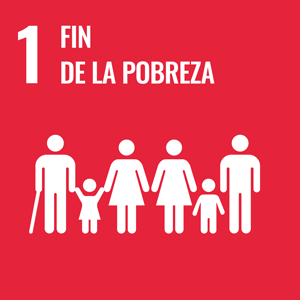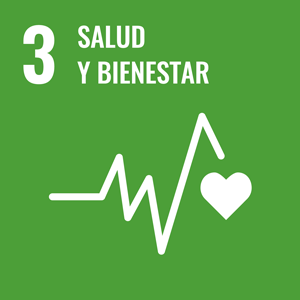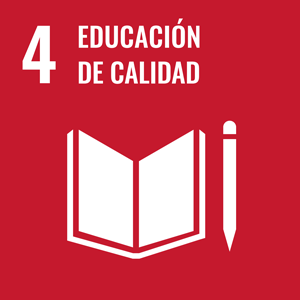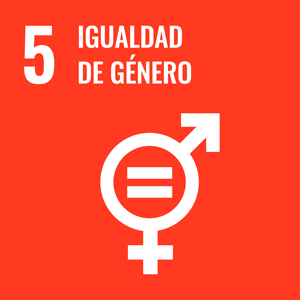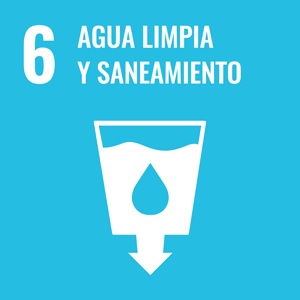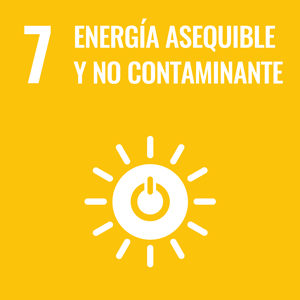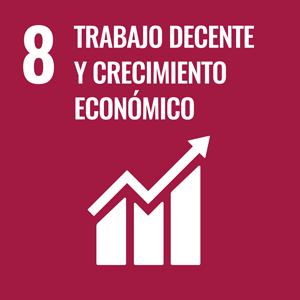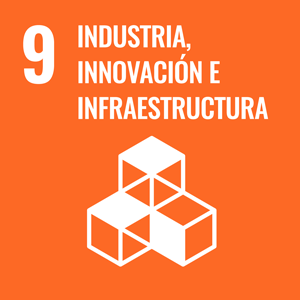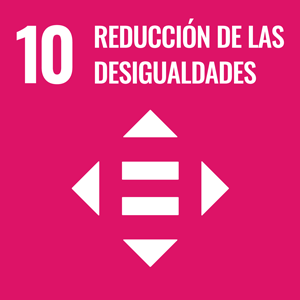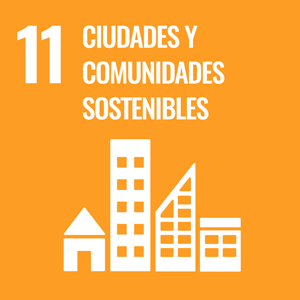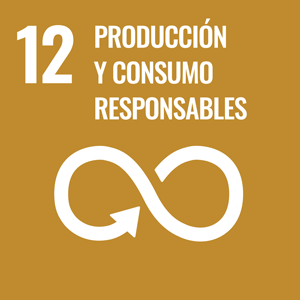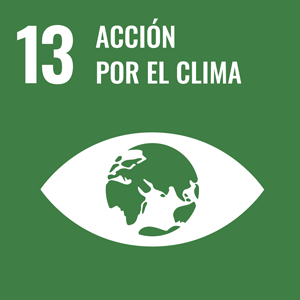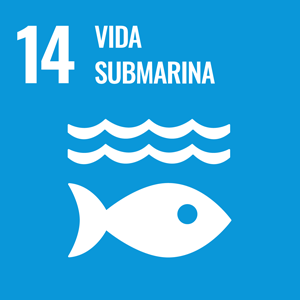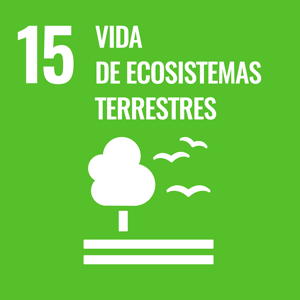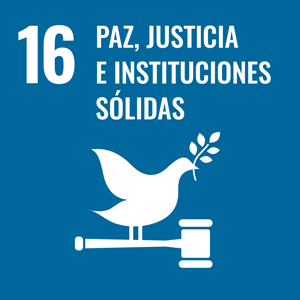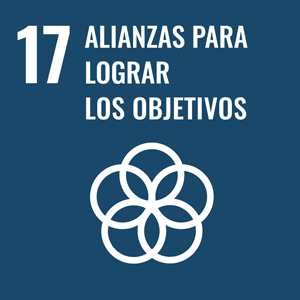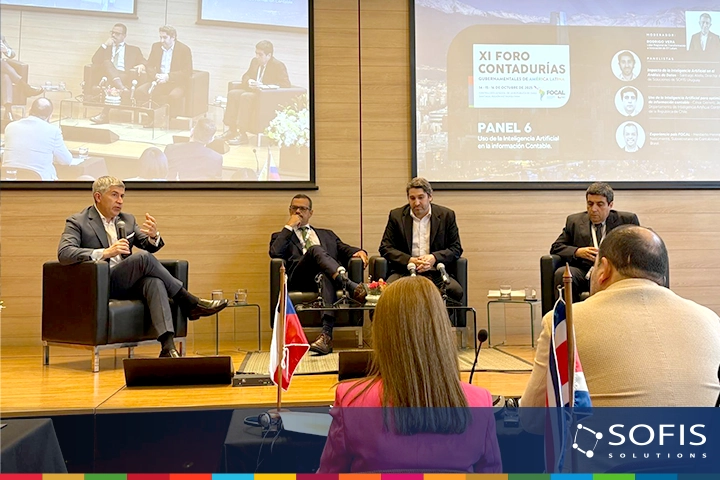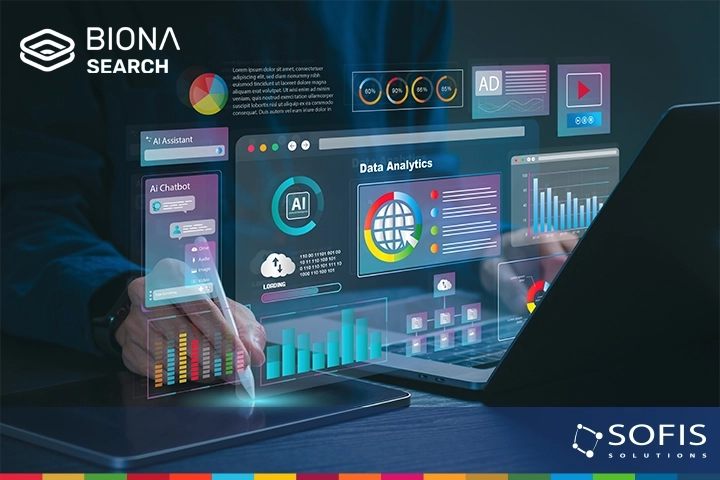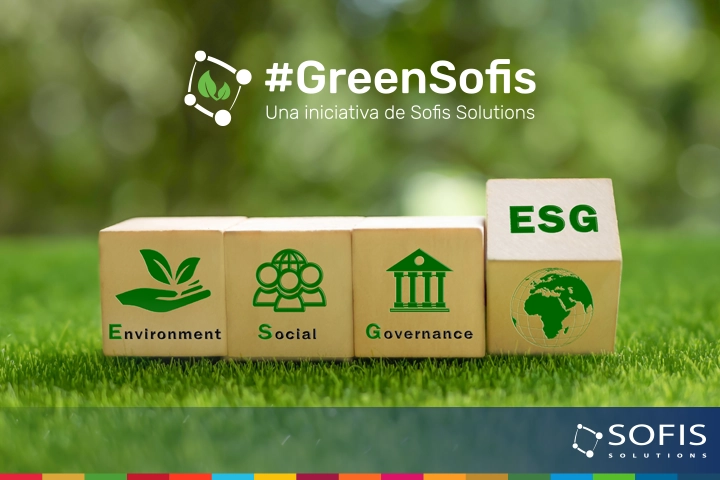-
Who we are
-
-
StrategyMission
To solve the challenges of organizations and communities through intelligent, secure, sustainable, and people-centered solutions, so they generate real value in their social and productive contexts.
VisionTo be the chosen company by organizations seeking to innovate with quality, purpose, and trust in the intelligent era.
Learn moreValues- Ethics and transparency
- Professionalism
- Respect
- Honesty
- Innovation
- Responsibility
- Effectiveness
- Integrity
- Customer orientation
- Punctuality
-
-
-
History
Sofis Solutions was born in 2005, in the city of Montevideo - Uruguay.
Since its inception, the main driver was and remains quality. This applies to processes, products, and relationships with the environment.The internationalization of the company It was one of the founding objectives. In the first stage, it expanded from Uruguay, and in the second stage, it opened offices in Latin American countries. Currently, it has offices in Montevideo, Panama, El Salvador and Ecuador.
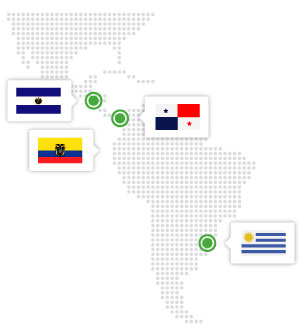
-
-
-
Alliances

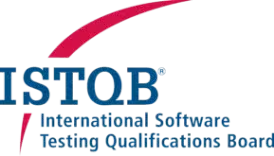



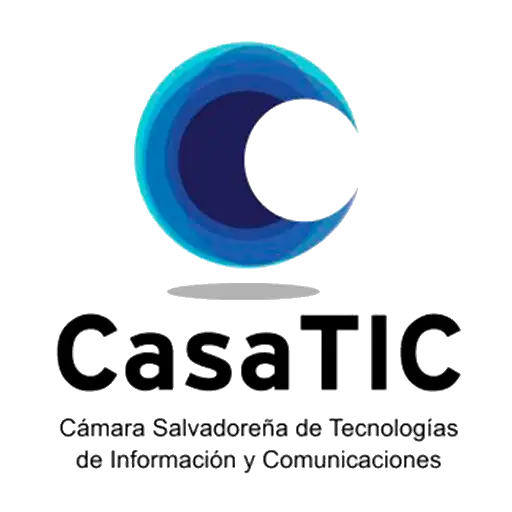


-
-
-
Certifications

CMMI-DEV-3
More informationNational Quality Award - 2023 Edition
More informationISO 9001:2015
Quality Management SystemISO 37001:2016
Anti-Bribery Management SystemISO 14001:2015
Environmental Management System
-
-
-
SustainabilityLearn more
Sofis Solutions integrates environmental, social, and governance (ESG) principles into its management and operations, driving sustainability through Digital Transformation. Its strategic approach prioritizes energy efficiency, digital inclusion, and transparency in digital governance, contributing to the responsible development of organizations.
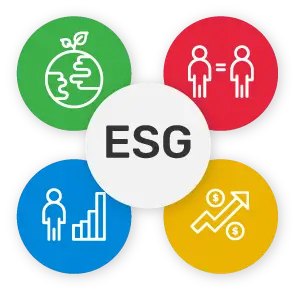
-
-
-
What we do
-
-
IT projectsLearn moreAt our Software Factory, we specialize in providing software development solutions with a focus on excellence and sustainability.
-
-
-
Software qualityOur software quality services comprehensively address the aspects or dimensions of software quality, addressing this approach throughout the entire software development cycle.
- Manual and automated functional suitability testing
- Performance testing
- Software product quality
- Software quality consulting
Learn more
-
-
-
Staff AugmentationLearn moreWhat is IT Staff Augmentation? IT Staff Augmentation is a specialized technical staffing model that enables organizations to increase their agility and respond to the changing technological needs of the market.
-
-
-
ConsultancyIn the public sector, strategic decisions and projects with citizen-centered designs and excellence have the power to transform entire communities.Learn more
-
-
-
BIonA SuiteBIonA Suite is a comprehensive platform for the intelligent management of processes and services in public and private organizations. BIonA Suite facilitates smart transformation with a focus on public value and user experience. Learn more
-
-
-
Projects
-
-
Recent projects
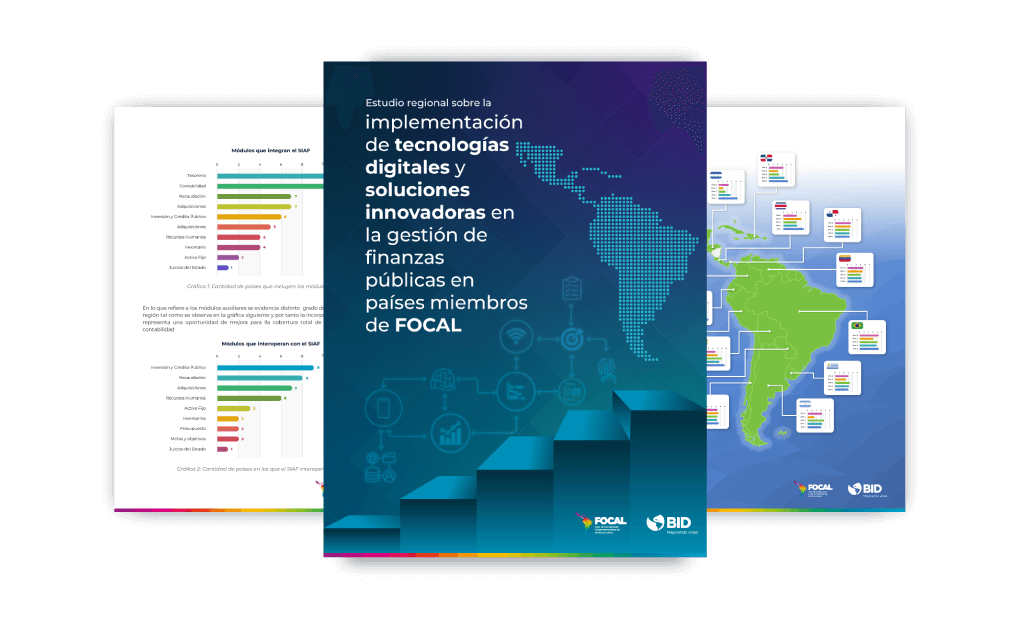 FOCAL Regional StudyFOCAL - El Salvador
FOCAL Regional StudyFOCAL - El Salvador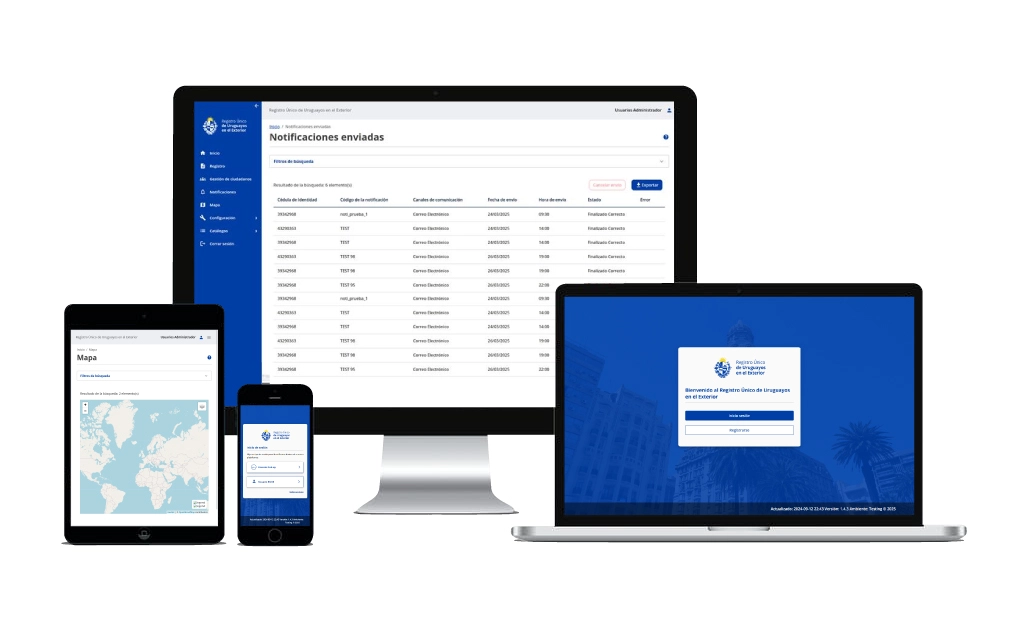 Single Registry of Uruguayans AbroadMinistry of Foreign Affairs - Uruguay
Single Registry of Uruguayans AbroadMinistry of Foreign Affairs - Uruguay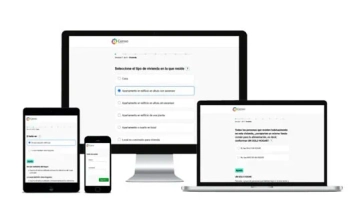 Population and Housing Census 2023National Institute of Statistics - Uruguay
Population and Housing Census 2023National Institute of Statistics - Uruguay
-
-
-
Digital Public InfrastructureWhat are Digital Public Platforms?ProjectsProducts
-
-
-
-
Mobile applicationsWe create hybrid, native, and PWA solutions for devices with Android and iOS operating systems.
Some of our projects:Digital Patrols, Ecuadorian Bovine Information System, Easy Budget UY, Digital Portfolio, SIGES Teachers App, SIGES Parents App.
Learn more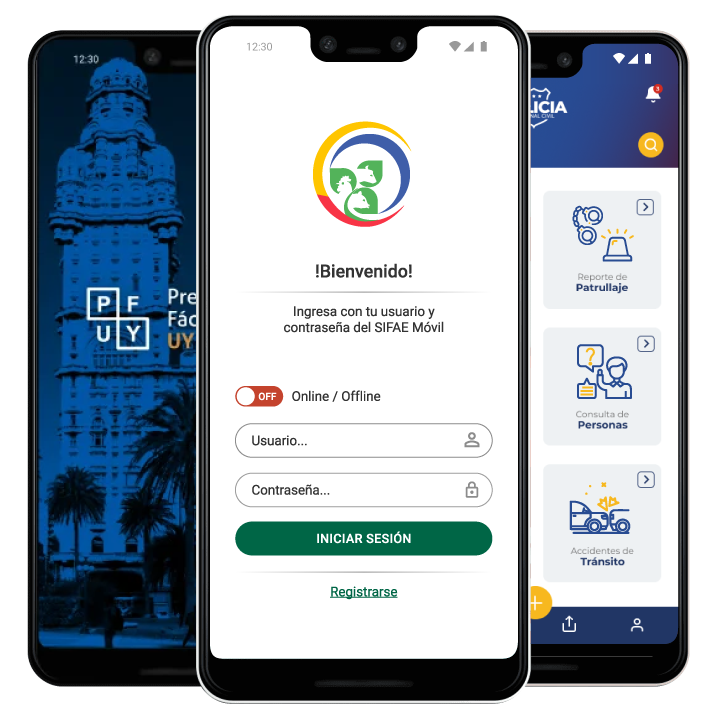
-
-
-
FOCAL regional studyThe purpose of the study was to carry out a regional analysis with the objective of identifying and evaluating the maturity level of the member countries of the Latin American Government Accounting Forum (FOCAL), currently composed of Argentina, Bolivia, Brazil, Chile, Colombia, Costa Rica, Ecuador, El Salvador, Guatemala, Honduras, Mexico, Nicaragua, Panama, Paraguay, Peru, Dominican Republic, Uruguay and Venezuela.Learn more
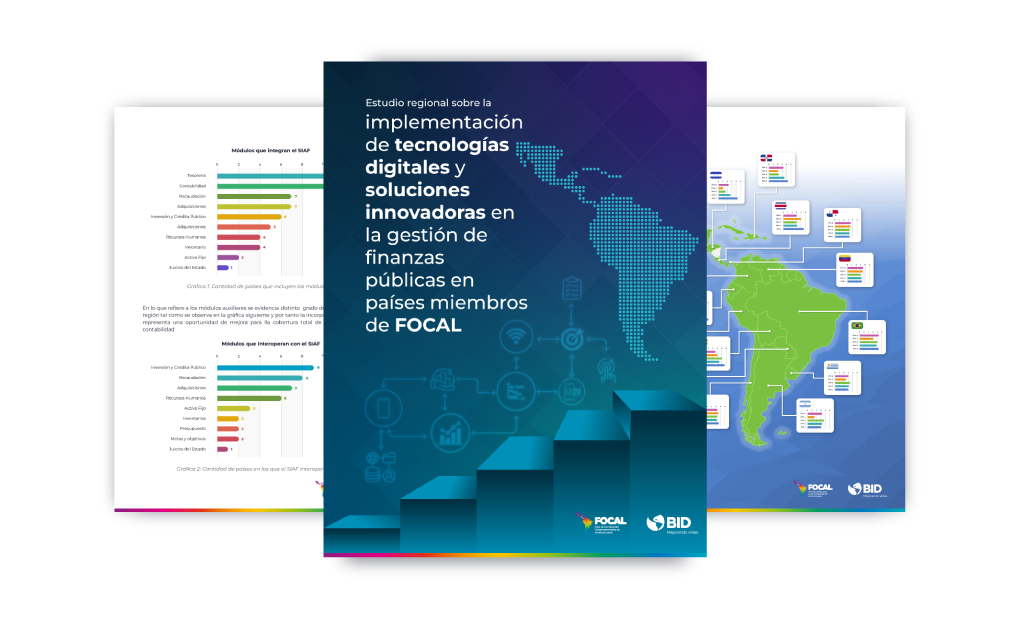
-
-
- AI
-
-
Artificial IntelligenceLearn moreAdvanced Artificial Intelligence (AI) and Big Data solutions that transform the way organizations make decisions and optimize their operations. We specialize in the development of intelligent autonomous agents and generative AI solutions using large language models (LLMs), both on local infrastructure and in the cloud.
-
- Press Room
-
-
Sustainable development
-
-
-
Interviews
 16/06/2025Virtual Threads in Java
16/06/2025Virtual Threads in Java
-
- Innovation
-
-
#GreenSofisMore information
Methodology
#GreenSofisSustainable Digital Transformation Conference
#GreenPath
-
-
-
AI For Everything
It is an initiative by Sofis Solutions, from the Intelligent Solutions Division, that promotes the adoption of artificial intelligence as a key driver of efficiency and effectiveness in the intelligent era.
It integrates both administrative and operational processes, promoting an organizational evolution where technology amplifies knowledge, optimizes decision-making, and generates value in a sustainable and inclusive way.
More information
-
- Contact us
- ES PT-PT
-

El Salvador updates the Electronic Signature Law Regulations
Montevideo, December 6, 2023.
The Salvadoran government updated the electronic signature regulation, simplifying procedures for users.
El Salvador updated its Electronic Signature Law Regulation, officially approved through Executive Decree No. 27 of this year and published on November 6 in Official Gazette No. 207.
Under the initiative of the Ministry of Economy, this regulation updated its provisions by incorporating the current reforms of the Electronic Signature Law, through the updating and simplification of procedures, requirements, and other guidelines involving all stakeholders: Service Providers, Electronic Signature Unit (UFE), Public Institutions, and users of the services in general.
This update marked an important milestone in regulatory simplification, aiming to promote the use of electronic signatures in the country and the dematerialization of documents through them.
Oscar Humberto Cruz, Head of the Electronic Signature Unit at the Ministry of Economy of El Salvador, explained that the recent reform "responds to the need to harmonize" the regulation with the amendments made to the Electronic Signature Law.
“The main objectives of these reforms are to better organize the accreditation processes for certification and electronic document storage service providers, establish clearer rules for the recognition and validity of documents signed abroad, expand the responsibilities that accredited providers must fulfill before the Electronic Signature Unit, and provide greater detail on the use of Electronic Signatures in government entities,” he detailed, emphasizing that the ultimate goal of the reforms is to expand the use of electronic signatures in the country.
Regulatory alignment and digital transformation
Electronic signatures are of interest to Sofis Solutions, which has developed extensive regional experience on the topic. Each time countries take a significant step in updating their regulatory frameworks aligned with their digital transformation strategies, it is noteworthy.
Each updated, reformed, or repealed article of this Regulation closes an important gap between the regulatory framework and the fast-paced technological changes currently underway.
Sofis Solutions highlighted some notable elements of these reforms:
1. From Recognition of Foreign Electronic Certificates to Cross-Border Electronic Signatures
One of the new topics in the regulation is the Recognition of Foreign Electronic Certificates, which enables the implementation and promotion of Cross-Border Electronic Signatures in El Salvador. This is a key instrument to facilitate the establishment of legal and commercial trust relationships between individuals and/or legal entities and institutions operating in different countries.
Oscar Humberto Cruz stated that the main benefit of recognizing such certificates is the formalization of electronic documents anywhere in the world, giving them legal validity in El Salvador. "This will expand the supply and demand of electronic services in the country and remove existing geographic barriers. Each interested party can follow the due process so that their electronic documents are valid, according to the type of document and the guarantees established in the Electronic Signature Law," he mentioned.
Modernization and simplification of management and control procedures
The new regulation enhances the modernization of UFE management and its interaction with Service Providers and Users, eliminating the need for paper submissions and overcoming management and control activities that previously required in-person presence. By incorporating Information and Communication Technologies (ICT) as enabling tools, UFE will now offer digital channels for receiving requirements, filing complaints, issuing notices, and publishing the results of its accreditation and control procedures, among others.
The new Electronic Signature Law regulation in El Salvador will strengthen the management of the existing Electronic Signature Ecosystem and each of its key actors, creating the necessary conditions for adoption and widespread use of this legal mechanism both nationally and regionally/cross-border.
For more information about the new regulation, visit: https://firmaelectronica.economia.gob.sv/marco-legal/
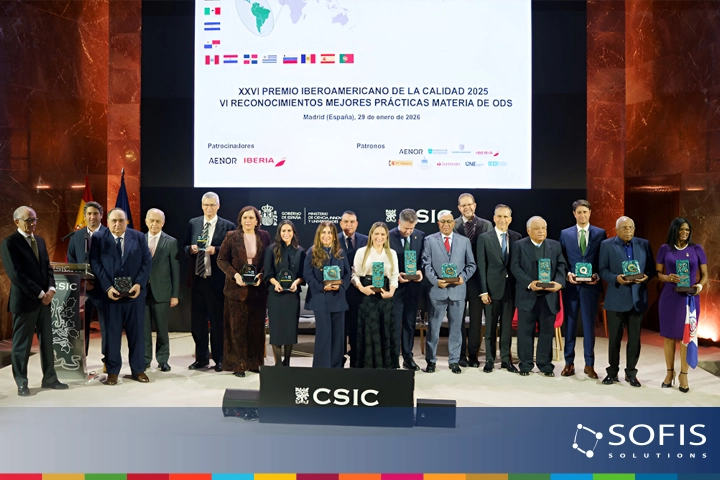
Madrid, January 29, 2026 – Sofis Solutions was honored with the Silver Award at the 2025 Ibero-American Quality Award, the highest recognition for exc......

In this interview we talked with the Software Engineering Group of Sofis Solutions, a team that has been actively working on the evolution of its deve...

On November 20th, the pilot edition of Creative Bureaucracy UY 2025 took place at the Sala Verdi, the local precursor to the Creative Bureaucracy Fest...












 Digital Signature
Digital Signature BionA Suite
BionA Suite Biona SIgn
Biona SIgn